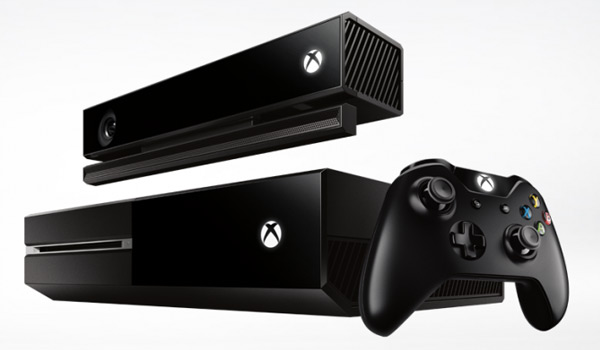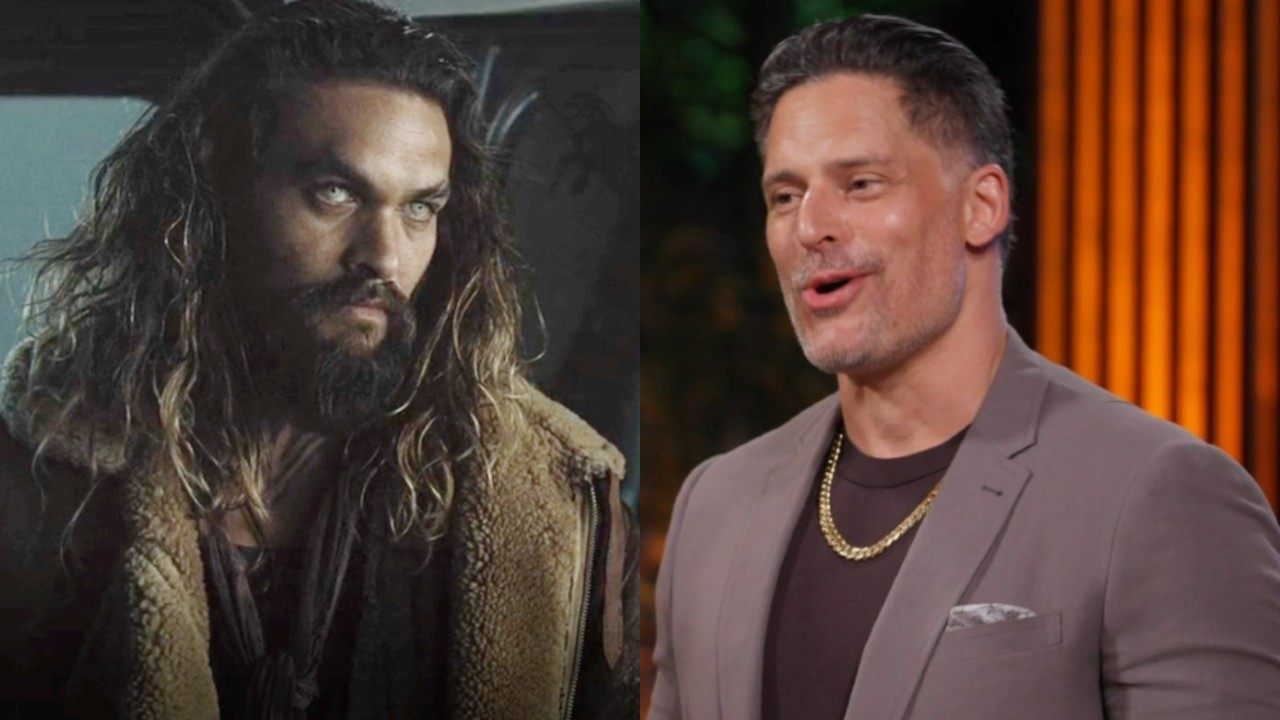Microsoft Still Has Faith In The Kinect

Your Daily Blend of Entertainment News
You are now subscribed
Your newsletter sign-up was successful
The Kinect has been at the center of an ongoing argument since the Xbox One was announced in 2013. A substantial number of gamers object to Microsoft's insistence that it be included with the Xbox One, but the developer has always been clear: the Kinect is here to stay.
Even after Microsoft released a Kinectless Xbox One Bundle, the company is standing strong. This week, in an interview with Edge Magazine, Xbox head Phil Spencer attempted to reassure gamers that the Kinect was still part of Microsoft's grand plan.
Here's how Spencer put it:
It’s not abandoned. We just developed Upload Studio 2.0, which has green screening that you can do with Kinect. We’ll continue to build functionality to make it a valuable part of the ecosystem. That said, price point’s really important for the console – we saw that over the holidays in the UK and US, where we did well when we dropped the price, which was great. And I want to make sure consumers have choice on how much they value the functionality of Kinect when they buy a console.
As a piece of technology, the Kinect is undeniably impressive. The device uses infrared lasers to create a 3D map of a physical space with enough precision to detect minuscule changes in movement. The Kinect 2.0's manual even claims that it can read your heartbeat by perceiving movement in your skin, but I have my doubts about that.
The problem is that hardcore gamers aren't really interested in motion controls. It's not something that FPS players are going to adopt as their primary control scheme—at least not anytime soon. And until that happens, the Kinect will continue to be a novelty item.
For the most part, gamers probably don't care if the Kinect succeeds or fails. Developers, on the other hand, have a vested interest in its success. When Microsoft unbundled the Kinect, a slew of developers watched their profit margins instantly shrink. Because if only a fraction of Xbox One owners have the device and only a fraction of those purchase the game, investing money into a Kinect-only title suddenly becomes unappealing.
So, there's a good chance that Spencer's comments aren't meant to reassure gamers. They're meant to remind developers that the Kinect isn't being phased out any time soon.
Your Daily Blend of Entertainment News
